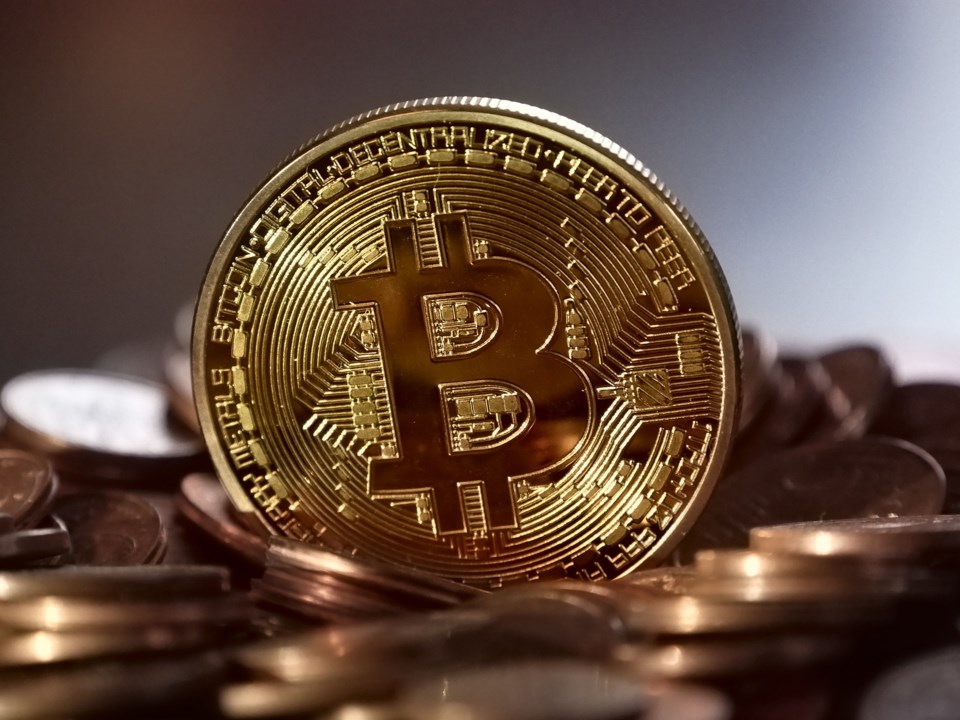NEWS RELEASE
GUELPH POLICE
*************************
Todays “Fraud Friday” is about the request of cryptocurrencies as a form of payment from fraudsters posing as government agencies. Cryptocurrency is a digital or virtual currency (i.e. has no physical representation) that uses encryption when generating units and conducting transactions.
Cryptocurrencies may be used for online transactions or in-person transactions, which are typically made though mobile payment.
How it works
The fraudster will claim that you owe the government money and that you must pay via cryptocurrency (Bitcoin, for example). You are told by a fraudster posing as a government agency to go to an “ATM”, where the cryptocurrency can be sent.
However, instead of this being a typical “ATM” transaction (as cryptocurrency has no physical representation), this “ATM” will accept payment directly to the fraudster’s account.
This fraud has been seen in Canada Revenue Agency (CRA) scams. You will be told by a fraudster claiming to be from the CRA that you owe money and that you must pay immediately in the form of cryptocurrency via an “ATM”, where the fraudster will instantly receive the money you send directly to their account.
Warning signs - What you can do
Be aware that no government agency will request cryptocurrency as a form of payment. Although some businesses do accept cryptocurrencies as a payment for goods and services, government agencies will not request this form of payment.
- Do not make any form of payment to a government agency via cryptocurrency; the CRA will never ask for cryptocurrency as a form of payment
- Use your judgment. If it seems like something a government agency would not ask, they probably aren’t. If you do not understand the form of payment, do not send it.
- Never send money to an individual you do not know
- Be very wary of messages that seem alarmingly urgent or require immediate response/action
- Be cautious when purchasing cryptocurrency, especially on websites offering software and investments into the development or new currency
If you think you have been a victim of a scam, contact your financial institution immediately and local police. You can also report it online to the Canadian Anti-Fraud Centre.
*************************


